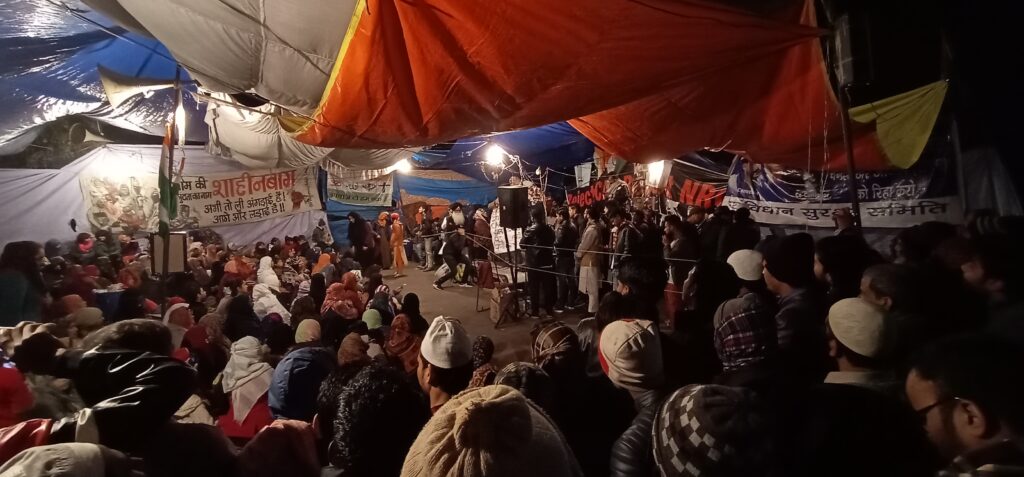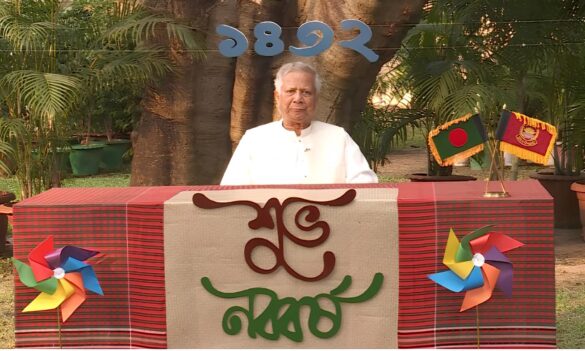The Citizenship Amendment Act (CAA) was put into effect on Monday, marking the culmination of a four-year journey since its controversial passage. The act aims to grant Indian citizenship to refugees who fled religious persecution in Pakistan, Bangladesh, and Afghanistan before December 31, 2014 and has sparked fervent debates across the nation.
Government sources on Monday outlined the purported benefits of the CAA, emphasising its role in removing legal barriers for refugee rehabilitation and citizenship. They asserted that the act would provide a dignified life to long-suffering refugees while safeguarding their cultural, linguistic, and social identities, along with economic and property rights.
Responding to opposition criticism, the Centre reiterated that the CAA would not strip any Indian citizen of their citizenship based on religion. Officials clarified that the law is exclusively for persecuted individuals who lack refuge elsewhere.
Though opposition parties accuse the government of deliberately enacting the CAA ahead of the Lok Sabha elections, especially in West Bengal and Assam, the law’s implementation has nevertheless sparked heated political debate and raised questions about the timing and intentions behind its enactment.
The Union Home Ministry issued the official rules for CAA implementation on Monday, a move anticipated ahead of the forthcoming Lok Sabha election schedule announcement. These rules outline the eligibility criteria, requiring applicants to obtain a certificate confirming their membership in eligible religious communities and a declaration renouncing their existing citizenship.
After the Supreme Court rejected the State Bank of India’s appeal earlier in the day asking for more time to provide information about electoral bonds, Ramesh questioned why the rules were announced so soon before the elections, labelling it a move to “polarise” and manipulate headlines. The four years and three months it took the Modi government to announce the guidelines, according to Congress MP and general secretary in-charge of communications Jairam Ramesh, “is yet another demonstration of the Prime Minister’s blatant lies.”
Tribal areas and special zones exempted; protests reignited in Assam
Notably, the CAA will not be enforced in most tribal areas across Northeastern states, including those designated with special status under the 6th Schedule of the Constitution. Arunachal Pradesh, Nagaland, Mizoram, Manipur, and the autonomous council districts of Assam, Meghalaya, and Tripura are among the areas covered by this exemption.
On the same day, Manipur Chief Minister N Biren Singh announced the fulfillment of the long-standing demand for an Inner Line Permit System, aimed at safeguarding the indigenous population. Additionally, plans were unveiled to fence the Indo-Myanmar border to enhance regional security.
A number of reasons have been cited for the delay in enacting the Act, including strong opposition to it, particularly in BJP-ruled states like Assam and Tripura where Hindu populations in these states were opposed because they believed the flood of Bangladeshi migrants would become more official.
But demonstrations have flared up again in response to the Citizenship Amendment Act of 2019 regulations, especially in Assam and other northeastern states. According to sources, representatives of indigenous communities have symbolic burned copies of the CAA notification in some Assamese regions. This has led to increased police presence and barricades to prevent a repeat of the violent anti-CAA protests that occurred in 2019 and resulted in the deaths of several people.
Chief Minister Himanta Biswa Sarma on Monday addressed concerns about protests and suggested that political parties that disobey court rulings face possible repercussions, including having their registrations revoked. Agitating parties organising strikes were forewarned by the Guwahati Police of the legal ramifications for any damage caused to private or public property.
Assam’s relationship with the CAA has not been without conflict; native communities have voiced concerns about possible migrant inflows and how this could change the state’s demographics. With the CAA being criticised as discriminatory and unlawful, Assamese opposition parties and other groups have intensified their protests against it.







